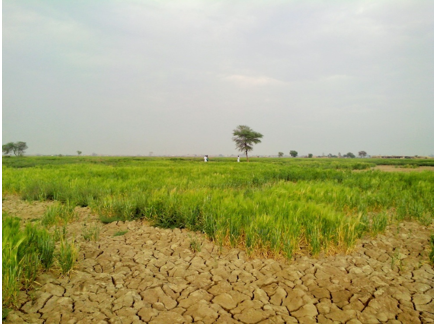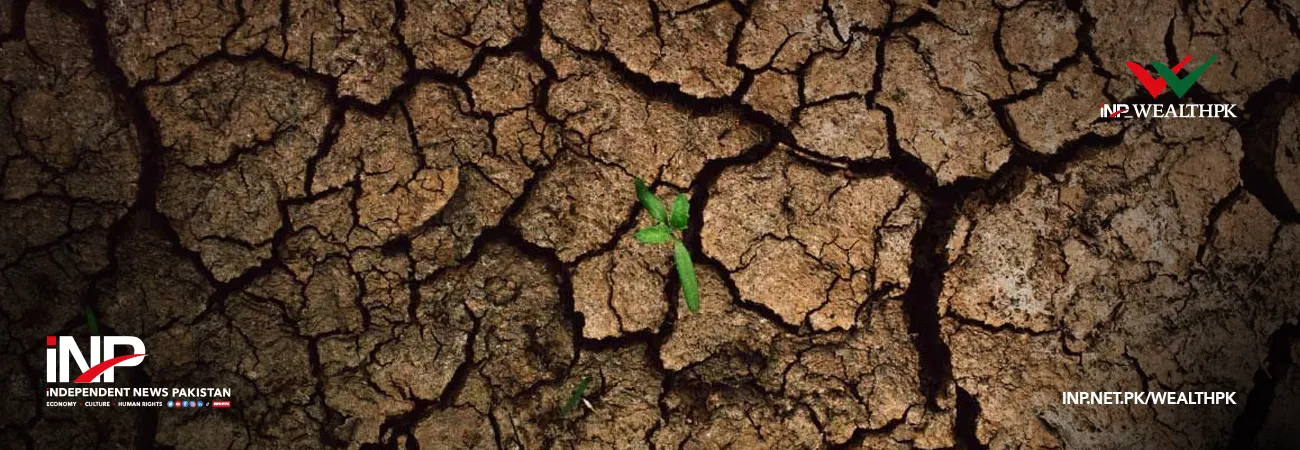i INP-WEALTHPK
Arooj Zulfiqar
Balochistan, the southwestern province of Pakistan – remains a land of untapped potential, with vast stretches of uncultivated land promising a thriving agricultural future. Addressing the challenges related to irrigation infrastructure and water management is key to unlocking the province’s actual capacity for food production, reports WealthPK.

“Balochistan’s 3.83 million hectares of cultivable land, of which only 3.22 million hectares are currently under cultivation, present an enormous opportunity to transform the barren landscapes into productive fields,” Secretary General Balochistan Zamindar Action Committee Haji Abdul Rahman Bazai told WealthPK. “To achieve self-sufficiency and sustainable agricultural growth, the government must adopt a visionary approach focused on utilizing these untapped lands,” he said.
Balochistan’s diverse climate and topography offer ideal conditions for growing a wide variety of crops and fruits. From staple crops such as wheat, rice, and cotton to high-value fruits like grapes, cherries, almonds, and apples, the province has the potential to become an agricultural hub. However, large portions of the land remain uncultivated due to the inadequate irrigation infrastructure, limited precipitation, and lack of mechanization. For decades, these lands have remained barren despite their potential to contribute significantly to the province’s food security and economic development.
Efficient water management and targeted irrigation projects are crucial to bringing these lands under cultivation. “To address this challenge, the Balochistan government has ramped up efforts to develop small-scale water storage and irrigation projects. We are constructing 100 new small check dams in Quetta and surrounding areas, with an investment of one billion rupees. These projects will help irrigate thousands of acres of currently barren land,” Bazai said. The government is also focusing on expanding the irrigation infrastructure in districts like Gwadar, Kharan, Kech, Awaran, Panjgur, and Khuzdar, where extensive barren lands remain underutilized.
Construction of dams in these areas is expected to improve water availability and pave the way for cultivation of new agricultural zones. Transforming Balochistan into a productive agricultural region requires a multifaceted approach. There is a need to invest in water-efficient technologies, improve irrigation systems, and provide training and resources to the local farmers. Developing policies that encourage sustainable land use and innovative farming practices will also be critical in turning the uncultivated lands into green, productive fields.
“With continued focus on infrastructure development and water management, Balochistan can move closer to realizing its dream of self-sufficiency in food production. The untapped potential of the province’s uncultivated lands holds the key to a more prosperous and food-secure future.” If fully utilized, these lands can not only meet the local food demands but also position Balochistan as a significant contributor to the country’s agriculture-based economy, transforming the barren fields into vibrant sources of livelihood and growth.
Credit: INP-WealthPk









